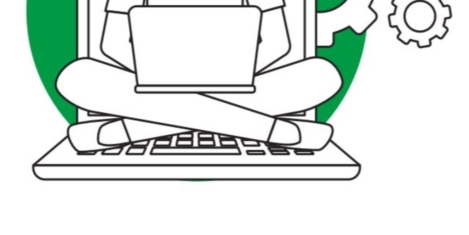May 27, 2019
The workplace revolution is already here
 We should all count ourselves privileged to witness first-hand the most dramatic changes in working practices in over two hundred years. This workplace revolution has been brought about mainly by technology which has allowed freedom of movement through Wi-Fi and cloud technology. This freedom has been embraced by the smart companies, allowing their people to thrive by creating workspaces that take advantage of this opportunity to unshackle themselves from fixed desk positions. They have given them great spaces in which to work, to go out and enjoy their environment and to have the ideal place in which to perform each task they are working on throughout their day. (more…)
We should all count ourselves privileged to witness first-hand the most dramatic changes in working practices in over two hundred years. This workplace revolution has been brought about mainly by technology which has allowed freedom of movement through Wi-Fi and cloud technology. This freedom has been embraced by the smart companies, allowing their people to thrive by creating workspaces that take advantage of this opportunity to unshackle themselves from fixed desk positions. They have given them great spaces in which to work, to go out and enjoy their environment and to have the ideal place in which to perform each task they are working on throughout their day. (more…)













 To mark the launch of its new guide, Meetings Matter,
To mark the launch of its new guide, Meetings Matter, 








 Employers need to better understand the needs of younger candidates, particularly that of flexible working, says Gartner, after its latest Global Labor Market Survey claims that a rise in Gen Z candidate’s regrets is leading to high turnover, low engagement and low productivity. According to the survey, 40 percent of Gen Z respondents reported that they would not repeat their decision to accept the job offer they had accepted and only 51 percent said they could see themselves having a long career at their organisation. More than one-third of candidates who regret their decision intend to leave their position within 12 months.
Employers need to better understand the needs of younger candidates, particularly that of flexible working, says Gartner, after its latest Global Labor Market Survey claims that a rise in Gen Z candidate’s regrets is leading to high turnover, low engagement and low productivity. According to the survey, 40 percent of Gen Z respondents reported that they would not repeat their decision to accept the job offer they had accepted and only 51 percent said they could see themselves having a long career at their organisation. More than one-third of candidates who regret their decision intend to leave their position within 12 months.
 Digital disruption has led to a rise in the number of FTSE 100 CEOs with a background in technology, but age, education and gender diversity remain stagnant, claim the results of the annual
Digital disruption has led to a rise in the number of FTSE 100 CEOs with a background in technology, but age, education and gender diversity remain stagnant, claim the results of the annual 








May 28, 2019
A sophisticated eye on workplace design
by Mark Eltringham • Comment, Facilities management, Workplace design
(more…)